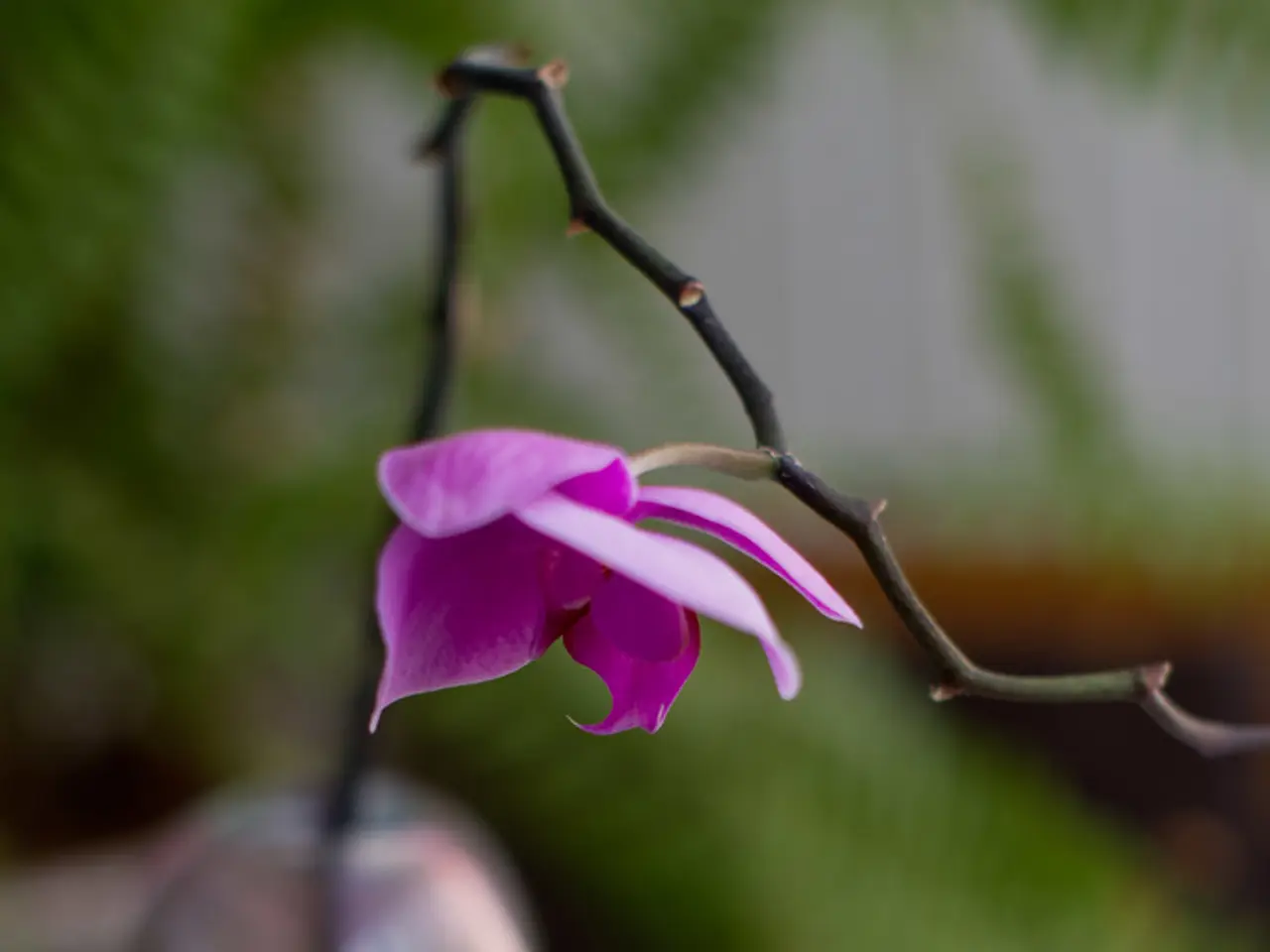Six Flora Species That Deter Ticks and Enhance Your Yard's or Pot Garden's Aesthetic Appeal
In the ongoing battle against ticks and the diseases they carry, such as Lyme disease and Rocky Mountain Spotted Fever, homeowners can take a proactive approach by transforming their gardens into tick-unfriendly habitats. Here are some plants that can help repel these pesky pests, making your outdoor space a safer and more enjoyable place.
Catmint (Nepeta cataria) is a hardy, low-maintenance perennial that thrives in sunny, well-drained locations. It contains nepetalactone, a natural compound that repels ticks. Catmint blooms twice in the growing season and is an attractive addition to any garden.
Creeping Thyme (Thymus serphyllum) is another effective option. This ground cover releases thymol and carvacrol, compounds that repel ticks and other pests. Creeping thyme can be planted near seating areas or paths and withstands drought once established. It prefers sunny conditions but benefits from afternoon shade in hot climates.
Garlic (Allium sativum) is known for its strong scent, which effectively repels ticks. Garlic thrives in full sun and rich, well-drained soil. Studies suggest that garlic consumption may also reduce tick bites, adding another layer of protection.
Common Tansy (Tanacetum vulgare) is a plant that contains several compounds (e.g., alpha-pinene, beta-pinene) with proven tick-repellent qualities. However, it is toxic to pets and children and can be invasive, so it must be used cautiously.
Rosemary and Citronella are aromatic plants that produce scents unpleasant to ticks, helping to deter them from your yard. Rosemary is a fragrant, evergreen herb that is used in cooking and personal products, while citronella is known for its lemony fragrance and is commonly used in candles and sprays as a non-toxic insect repellent.
Lavender plants have a strong scent that ticks find offensive but are attractive to bees and butterflies. They need a sunny, dry location with extremely well-draining soil and can grow 1 to 3 feet tall and 2 to 4 feet wide.
Peppermint grows 1 to 3 feet tall and spreads aggressively by underground rhizomes, preferring part shade in rich, moist soil. Its strong scent is said to repel pests, including ticks.
American Beautyberry is a native shrub that can grow 8 feet tall and 6 feet wide. Its crushed leaves have been used as a personal repellent for biting bugs, and recent research shows that two of its compounds may repel blacklegged ticks.
Chrysanthemums can be used for pest control, repelling ticks, and creating the insecticide pyrethrin.
Lemongrass is another non-toxic insect repellent that adds a lemony fragrance to the garden.
Maintaining a tidy yard is also crucial in deterring ticks. Keeping the lawn mowed, trimming shrubbery, and removing clutter and leaf piles can help keep ticks away. Adding a 3-foot border of wood chip mulch or pebbles between the yard and tick-prone areas may also discourage ticks.
Wearing protective clothing like tick-proof overalls can help deter ticks. Removing honeysuckle can deter deer and prevent ticks, as it provides an ideal habitat for these pests. American beautyberry can be a great replacement for invasive honeysuckle.
By incorporating these plants into your landscaping, especially near areas where you spend time outdoors, you can reduce tick presence naturally. This aligns well with integrated pest management strategies, providing eco-friendly and attractive ways to make your yard less inviting to ticks while supporting the overall garden ecosystem.
Catmint and creeping thyme, when incorporated into your landscape, can help make your home-and-garden a tick-unfriendly habitat as they naturally repel these pesky pests. Garlic, planted in a sunny spot with well-drained soil, emits a strong scent that ticks find offensive, providing another effective means of deterring these disease vectors from your home-and-garden lifestyle.




